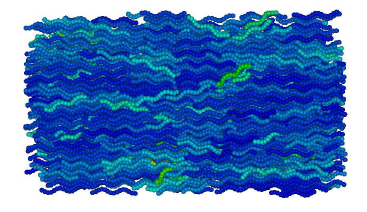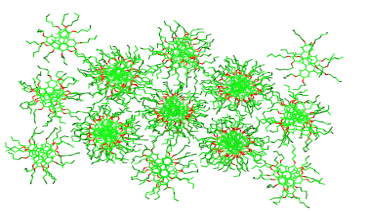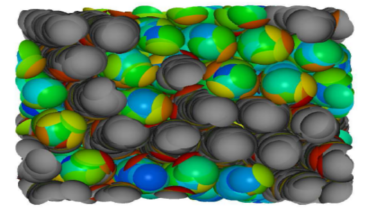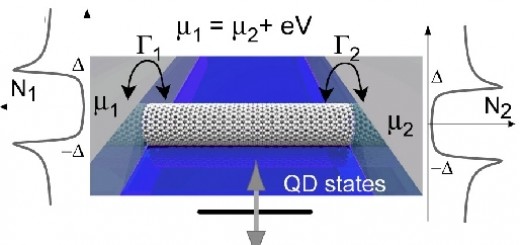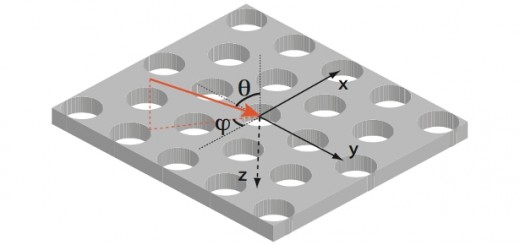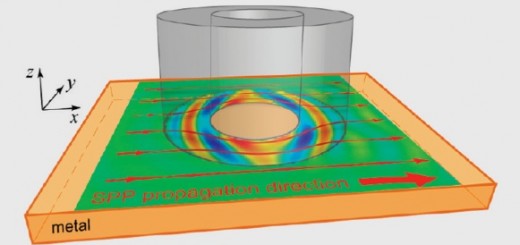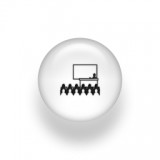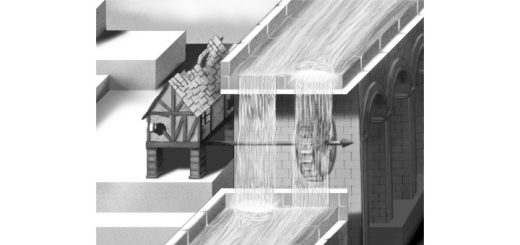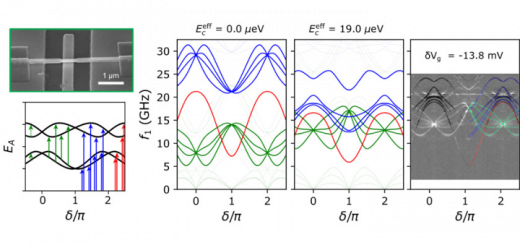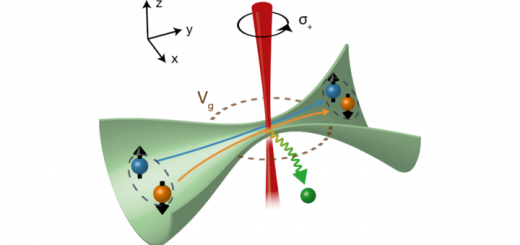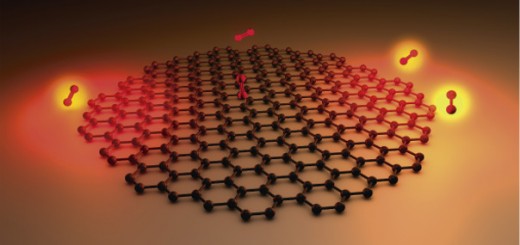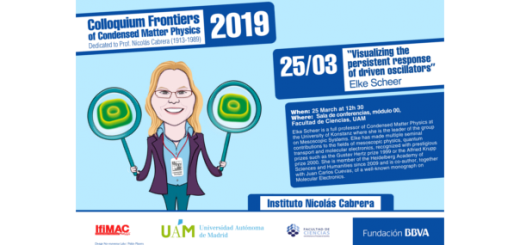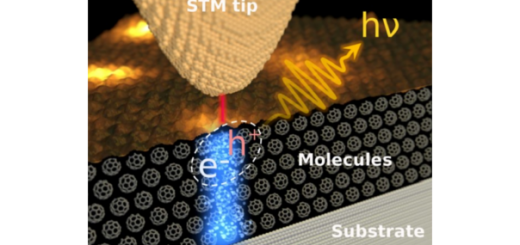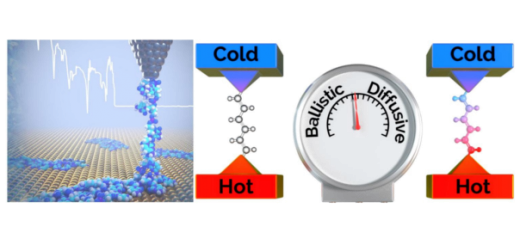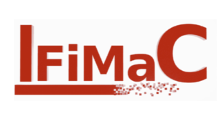Self-Assembling Materials: Theory and Simulation
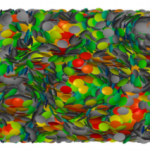 Funding Agency: Spanish Ministry of Science and Innovation.
Funding Agency: Spanish Ministry of Science and Innovation.
Duration: June 2011 – July 2016.
Principal Investigator: Giorgio Cinacchi.
Description:
The research project is in the field of soft materials. It further sub-divides in two parts, both dealing with self-assembling systems.
- The density functional theory and numerical simulation of the phase behaviour and properties of suspensions of colloidal non-spherical particles. Focus is currently on two types of concave model colloidal particles: (a) hard lens- and bowl-like particles that show an intriguing phase behaviour featuring an entropy-driven competition between phase separation and clustering, in analogy with what happens in molecular systems forming micelles;
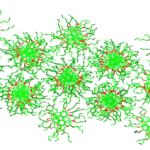 (b) hard helical particles as a basic model for a range of natural and synthetic soft matter systems: from natural poly–nucleotides and peptides, to synthetic helical polymers, from bacterial flagella to colloidal helices. Recent work proves the existence of a new chiral nematic phase in such systems, termed screw-like, along with new smectic phases that combine screw-like ordering with layering. Of major concern is the understanding of the subtle relationships between particle chirality and the chirality of the phases formed.
(b) hard helical particles as a basic model for a range of natural and synthetic soft matter systems: from natural poly–nucleotides and peptides, to synthetic helical polymers, from bacterial flagella to colloidal helices. Recent work proves the existence of a new chiral nematic phase in such systems, termed screw-like, along with new smectic phases that combine screw-like ordering with layering. Of major concern is the understanding of the subtle relationships between particle chirality and the chirality of the phases formed. - The design of improved semiconductive columnar liquid-crystalline materials for application in electronic devices, by the synergy of high level quantum calculations of
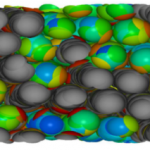 intermolecular interactions, classical atomistic molecular dynamics simulations of the phase behaviour and kinetic Monte Carlo simulations of charge transport to predict structural properties, including structural fluctuations and defects, of these self-assembling materials and how these properties influence the one-dimensional charge transport characteristics.
intermolecular interactions, classical atomistic molecular dynamics simulations of the phase behaviour and kinetic Monte Carlo simulations of charge transport to predict structural properties, including structural fluctuations and defects, of these self-assembling materials and how these properties influence the one-dimensional charge transport characteristics.


